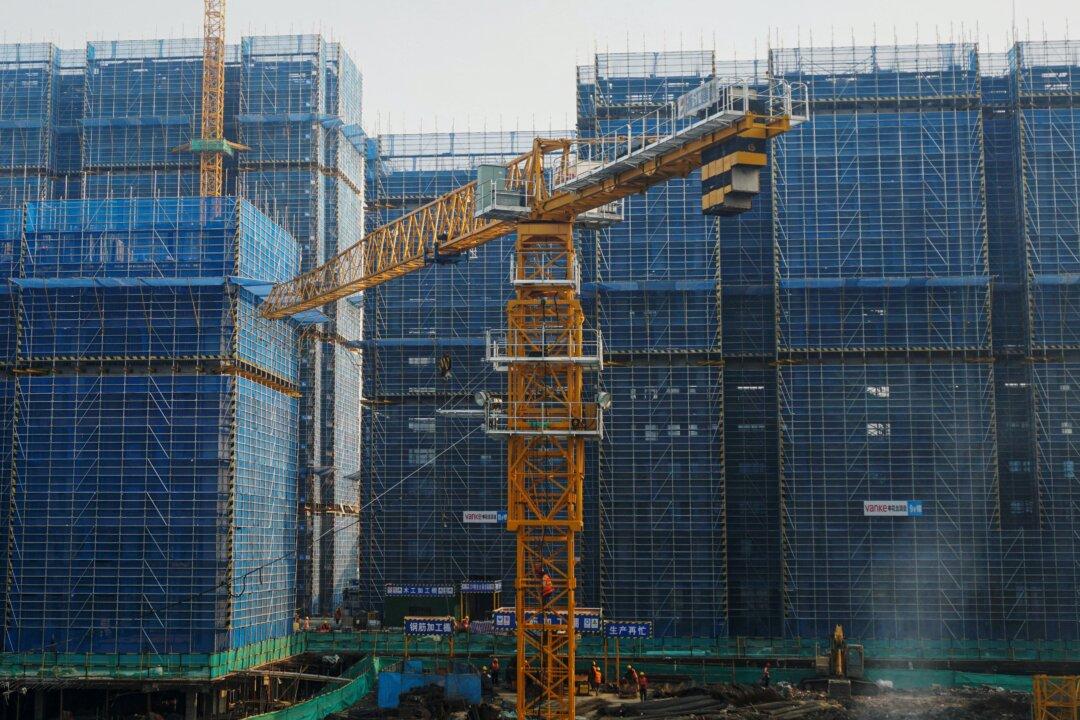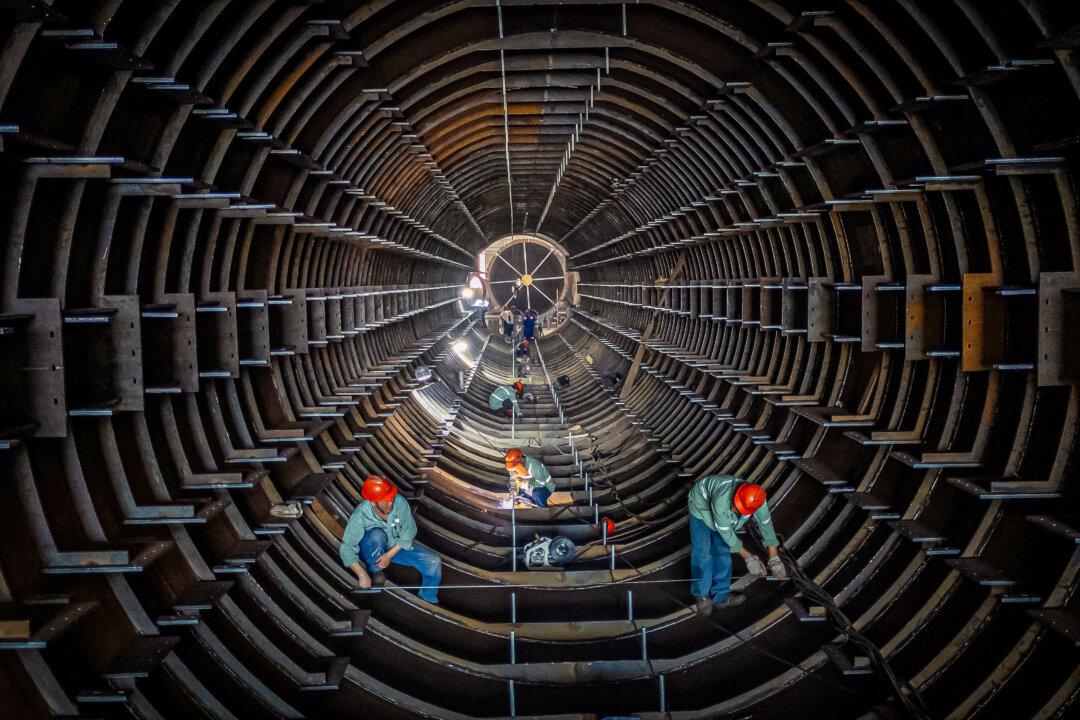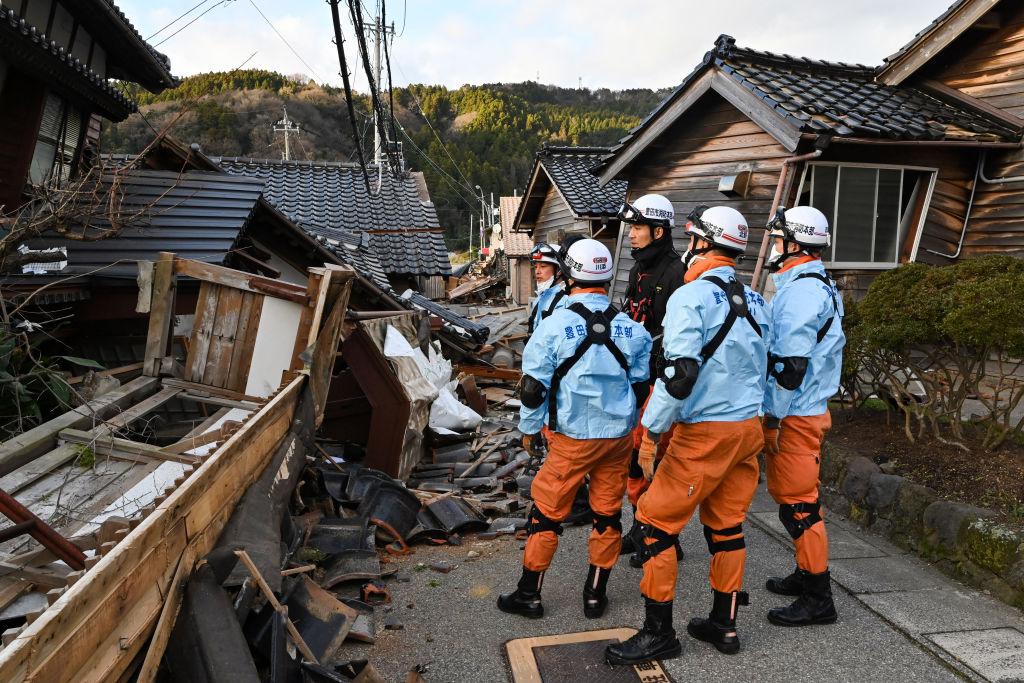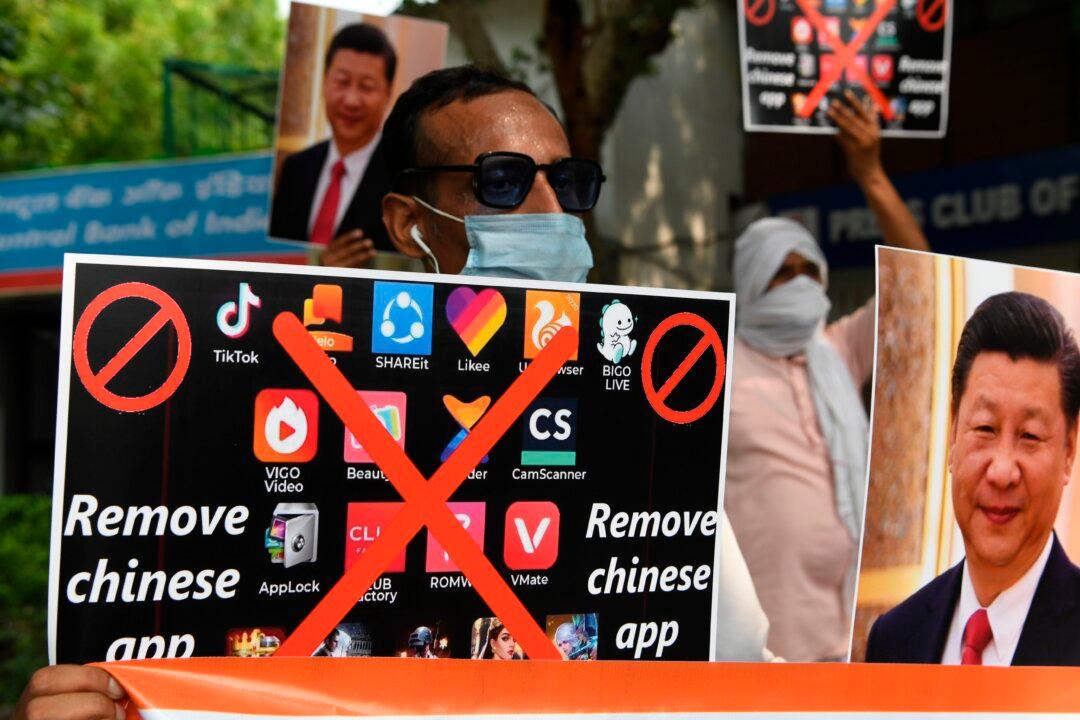Zhou Xiaochuan, former governor of the People’s Bank of China, the country’s central bank, called the latest downturn of China’s real estate market “unprecedented” and suggested that “policymaker[s]” should learn from Japan’s experience.
The Chinese communist regime introduced measures, dubbed the “5·17” policy, on May 17 designed to rescue the housing market. Subsequently, three major cities—Shanghai, Guangzhou, and Shenzhen—followed suit with policies to lower the barriers to home purchasing.




